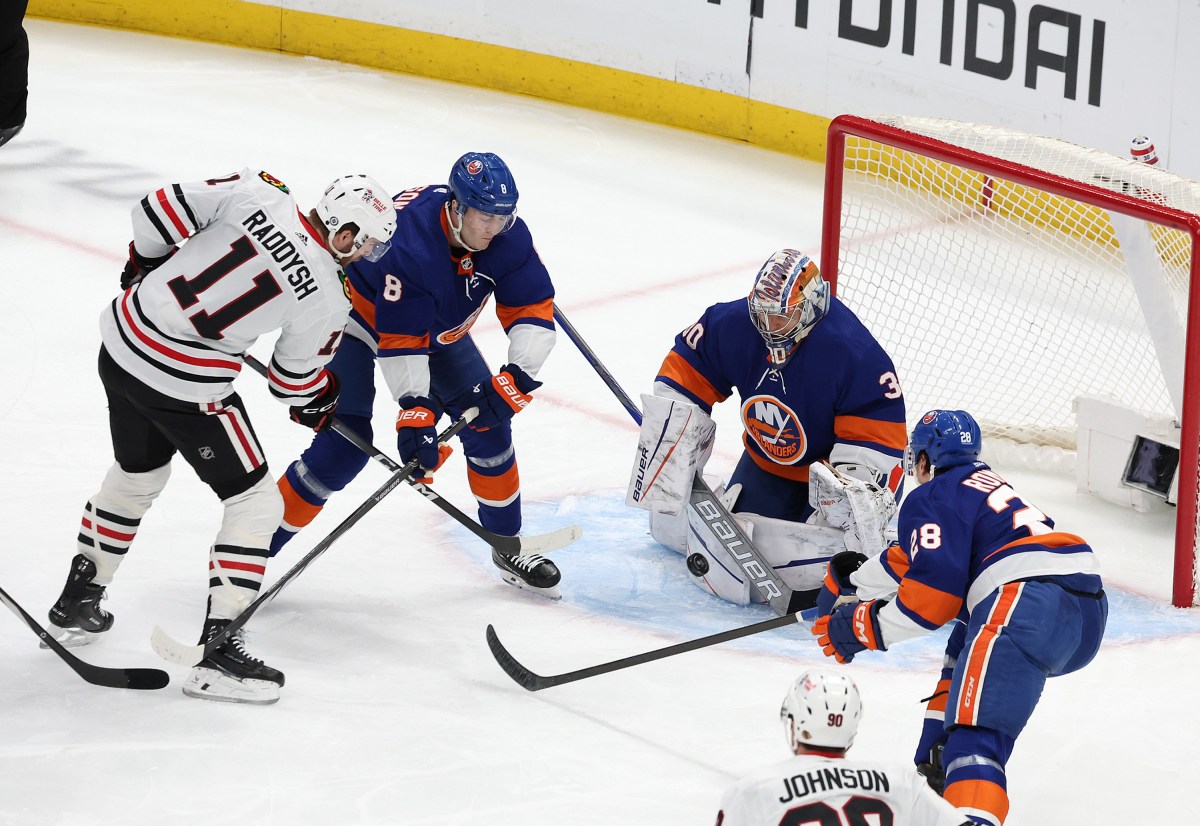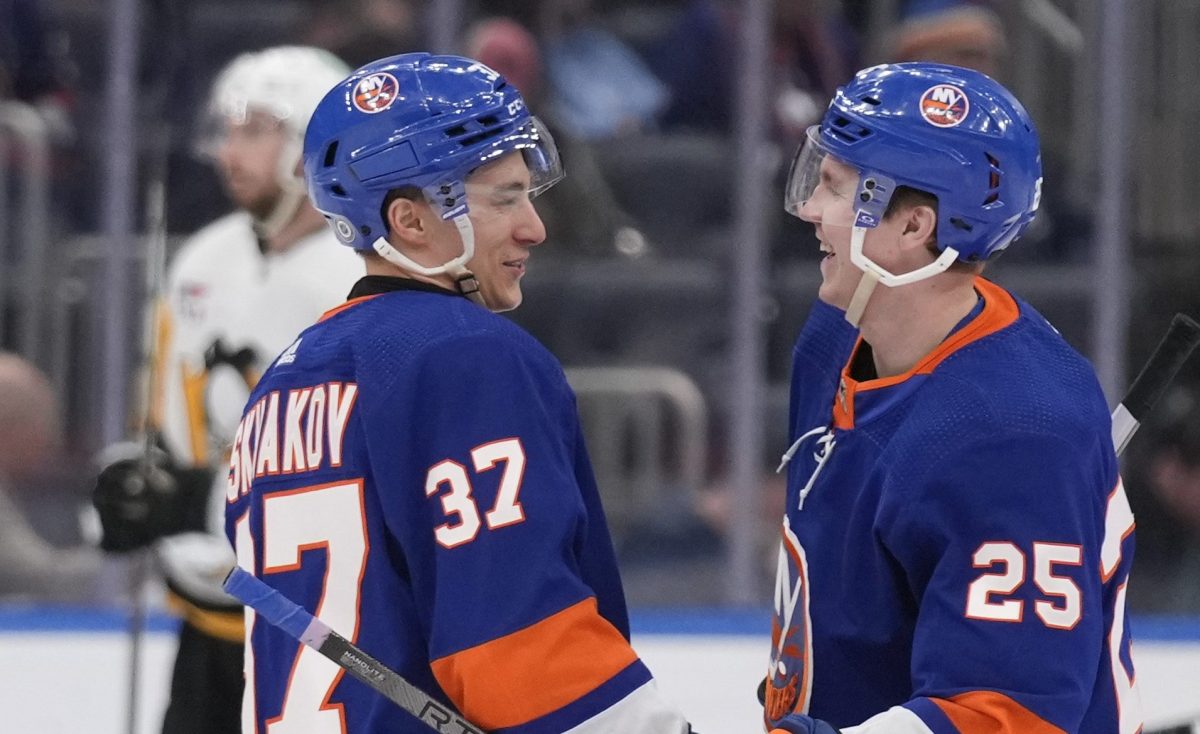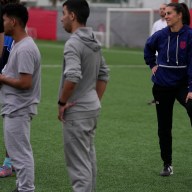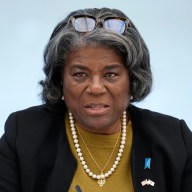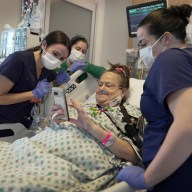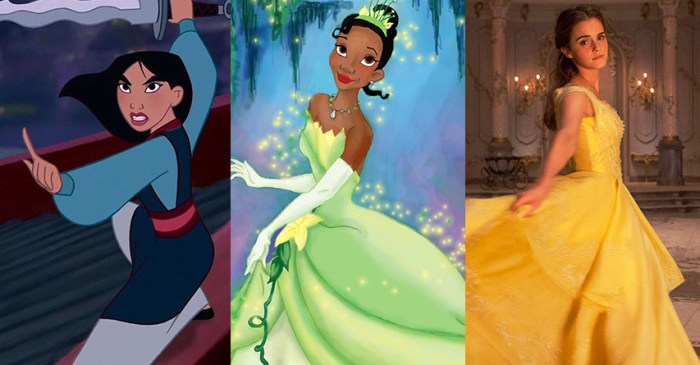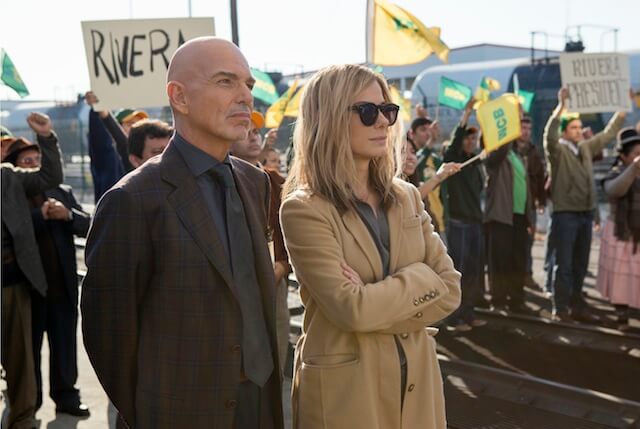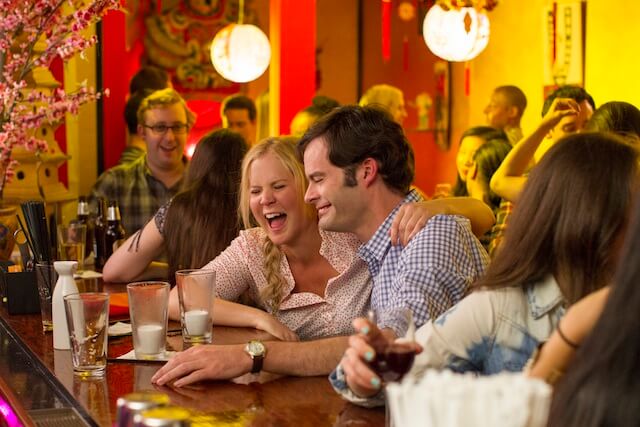When Gal Gadot was cast as Wonder Woman in “Batman v Superman: Dawn of Justice,” many people were unhappy. They didn’t like the fact that she’s a model. They didn’t like the fact that she’s skinny. People tend to complain about casting, no matter who gets the part. Remember when everyone was upset that Heath Ledger was playing the Joker? RELATED: Geek Girl in Hollywood: It was great that the Oscars got serious The thing is, Gadot has been taking this so seriously that it’s mostly shut everyone up. According to a new interview with Glamour magazine, she put on 17 pounds of muscle for the role. She constantly speaks about the character and has clearly put so much love into playing Wonder Woman that, whatever happens with the rest of the film, I’m already sure I’ll love her. In fact, the few people I know who’ve seen it have unanimously praised her performance. She talked about a lot of things in that interview, including how Wonder Woman isn’t there as a love interest or to serve anyone else. She’s independent. She also talked about feminism, which can get you a load of Internet pushback these days. The word evokes an immediate response and lately, that response is pretty ugly. Talking about it these days is brave. RELATED: Geek Girl in Hollywood: Hollywood’s diversity problem is official Gadget said, “There are such misconceptions as to what a feminist is. Feminism is about equality. I want all people to have the same opportunities and to get the same salaries for the same jobs. I realize I’m doing what I want to do because of the women before me who laid the groundwork. Without them I wouldn’t be an educated working mother who is following her dreams; I wouldn’t be here.” It’s important that she’s talking about it. Wonder Woman has been a part of the feminist movement for her entire history, from her reflection of the Rosie the Riveter archetype in the ’40s to the pushback in the ’50s. (This is when Wonder Woman was all about love and marriage.) RELATED: Interview: Sarah Bolger on what it’s like playing a psycho in “Emelie” She lost her powers in the ’60s and ran a boutique when women were heading back out to work again. Feminist icon Gloria Steinem called for the return of her powers in the early ’70s, putting her on the cover of Ms. magazine. She’s long been the most recognizable female superhero in the comic book world and after decades, is getting her very first shot at the big screen. What’s important here is that, for many of us, Wonder Woman represents what we can be. She was powerful when most women weren’t. She embodies the idea of equality. In the end, it doesn’t matter who plays her but that we finally get to see her.She is a feminist character if we’re talking about the true definition of feminism.The fact that the actress playing her in the character’s film debut understands that is pretty darn awesome. Follow Jenna Busch on Twitter @jennabusch and vist her site, Legion of Leia


